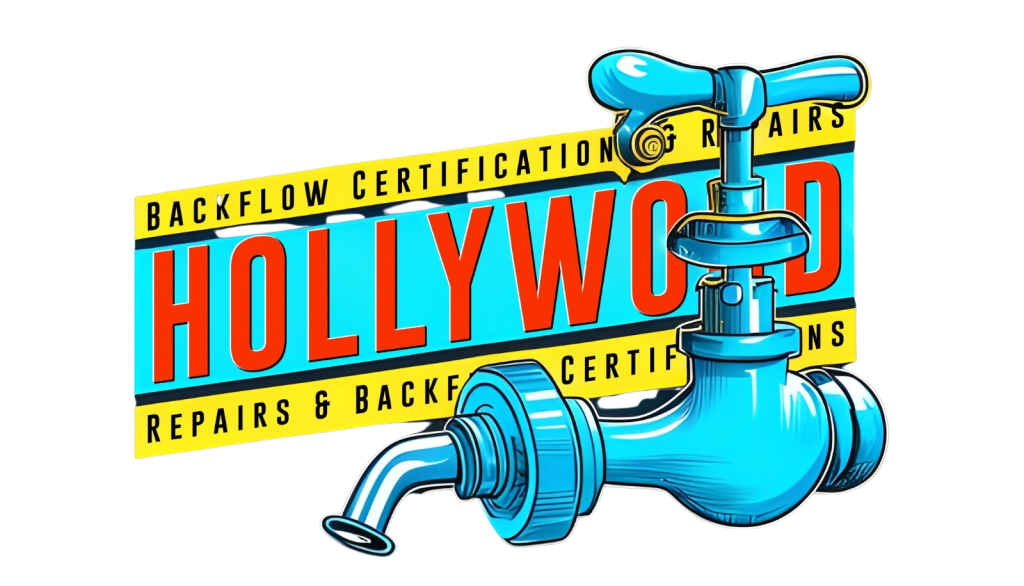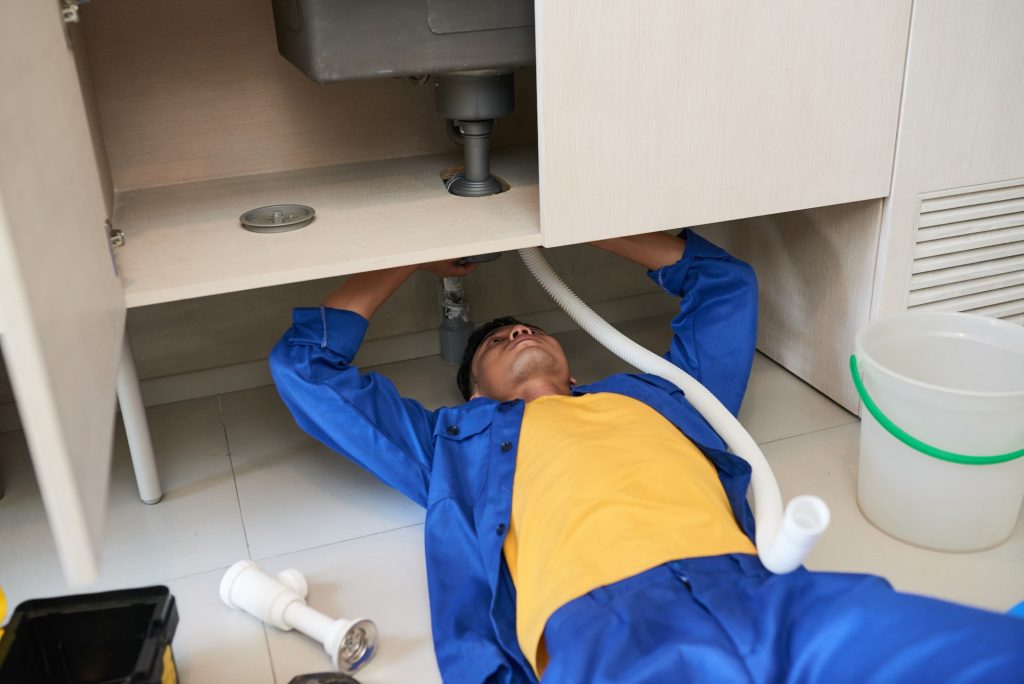Plumbers play a vital role in ensuring the proper functioning of our water supply systems. Their expertise is essential for repairing and maintaining pipes, valves, and other components that transport clean water to our homes and businesses. However, the work they do is not without its risks. One of the most significant threats to public health associated with plumbing is backflow contamination.
Backflow occurs when contaminated water from a non-potable source, such as a sprinkler system or swimming pool, flows back into the main water supply. This can happen when there is a sudden drop in water pressure or when a cross-connection between potable and non-potable sources exists. If left unchecked, backflow can lead to serious health consequences, including illness and even death.
To prevent backflow contamination, plumbers must be certified in backflow prevention and install and maintain the appropriate backflow prevention devices. In this article, we will explore the importance of backflow certification for plumbers and how it helps protect public health.
The Importance of Backflow Certification for Plumbers
- Ensuring Safe Drinking Water
The primary reason why backflow certification is critical for plumbers is to ensure the safety of our drinking water. By installing and maintaining backflow prevention devices, certified plumbers can prevent backflow contamination and safeguard public health.
- Meeting Legal Requirements
In many jurisdictions, backflow prevention is required by law. Plumbers who are not certified in backflow prevention may not be able to work on certain projects, leading to lost business opportunities. Additionally, failure to comply with backflow prevention regulations can result in fines or other legal consequences.
- Protecting Public Health
Backflow contamination can have severe health consequences, especially for vulnerable populations like children, the elderly, and individuals with weakened immune systems. By preventing backflow, certified plumbers can help protect public health and prevent the spread of waterborne diseases.
- Enhancing Professionalism
Backflow certification demonstrates a plumber’s commitment to professionalism and expertise. Certified plumbers have completed training and passed exams to ensure they have the knowledge and skills necessary to prevent backflow contamination. This certification can help build trust with clients and increase business opportunities.
FAQs
Q: What is backflow prevention? A: Backflow prevention refers to the measures taken to prevent contaminated water from flowing back into the main water supply. This is typically accomplished through the installation and maintenance of backflow prevention devices.
Q: Who needs backflow certification? A: Plumbers who work on projects that involve the installation, repair, or maintenance of backflow prevention devices are required to be certified in backflow prevention.
Q: How often do backflow prevention devices need to be tested? A: Backflow prevention devices should be tested annually to ensure they are functioning properly and preventing backflow contamination.
Q: What are the consequences of backflow contamination? A: Backflow contamination can lead to serious health consequences, including illness and even death. It can also damage plumbing systems and compromise the quality of drinking water.
Conclusion
Backflow certification is an essential requirement for plumbers who want to protect public health and ensure the safety of our drinking water. By completing backflow prevention training and certification, plumbers can demonstrate their expertise and professionalism while preventing backflow contamination. As consumers, we can also play a role in preventing backflow contamination by ensuring that our plumbing systems are properly maintained and backflow prevention devices are installed where necessary. Together, we can help safeguard our water

